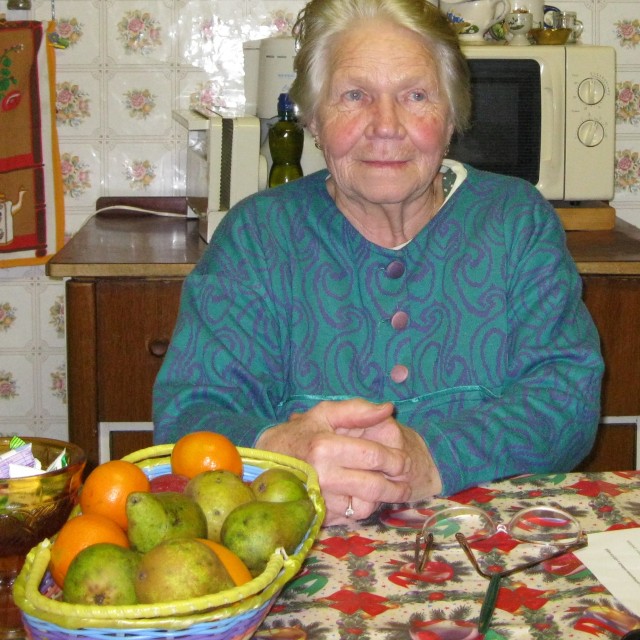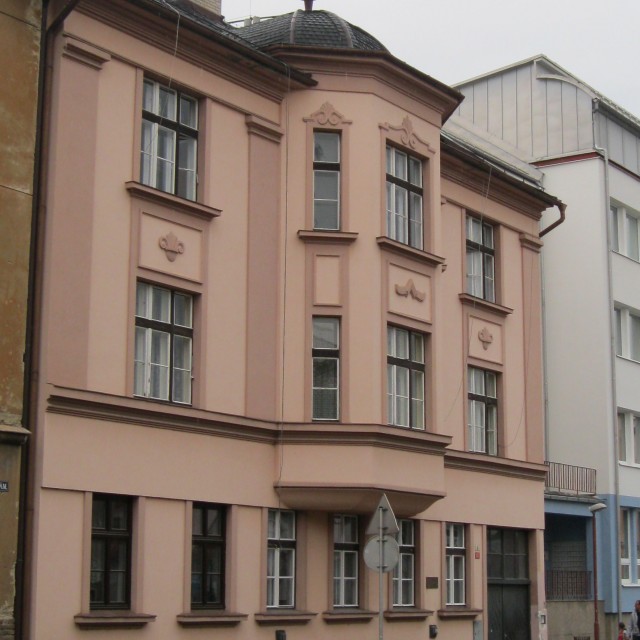Unadaptable
After the Munich Agreement, the home town of Erika Bednářová became part of Nazi Germany. Despite the fact that her family was of German origin, her mother was a fierce anti-fascist with leftish thinking and she was immediately arrested by the Gestapo and taken to its interrogation rooms in Šumperk. She was released shortly after, but since she continued to publicly criticize the Nazi practices, she was arrested repeatedly throughout the war. During one of the Gestapo interrogations, she was almost beaten to death. She was saved by her daughter Gréta, who worked as a housemaid for one of the interrogating Gestapo men: “Certain Gestapo men came to Gréta and told her: ‘If you want to see your mother alive, you should come with us.’ So Gréta went and she saw her mother lying in the corner. She was bleeding from her nose, her ears, even her bottom, so badly was she beaten.” Gréta started to threaten that she would not return to her work unless her mother was sent to the hospital. Bednářová continued: “Then came the Gestapo men at whose house she worked and asked what was going on – his wife had told him that the children were hungry. And Gréta told him: ‘I will not return to the kitchen. You can beat me up like my mother, but I am not leaving here unless my mother is sent to the hospital.’ So he arranged the transport to the hospital and Gréta returned to him.”
Hodnocení
Hodnotilo 0 lidí
Routes
Not a part of any route.
Comments
No comments yet.



